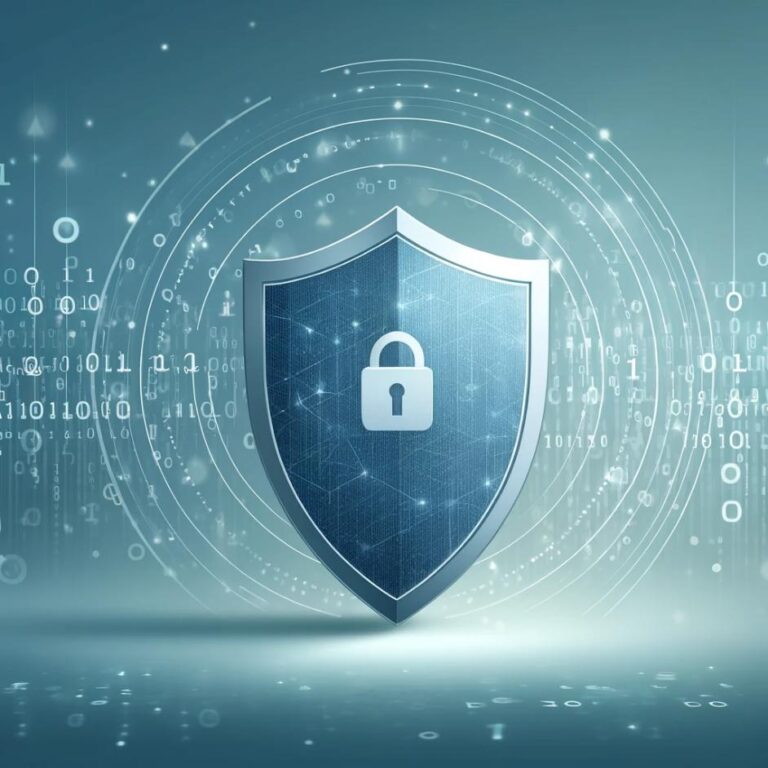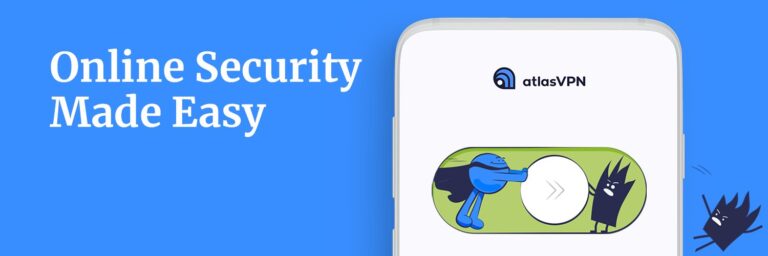You’ve probably heard about VPNs (Virtual Private Networks), how they’re essential for security when using public Wi-Fi, and how they can help you access restricted content when traveling abroad. But, do I need a VPN at home?
Yes, you do.
Why? Let’s dive in.
Privacy and Security at Home
Most people assume that their home network is secure. After all, it’s password protected, and it’s not like you’re sharing it with the entire coffee shop, right?
Unfortunately, that’s not the case.
Internet Service Providers (ISPs) can still see everything you do online, from the websites you visit to the files you download. They can even sell this data to advertisers. Not only that, but hackers can also potentially break into your home network if it’s not secured properly.
This is where a VPN comes into play. A good VPN, like NordVPN, encrypts your internet connection, making it much harder for ISPs or hackers to see what you’re doing online.

Access to Geo-Restricted Content
Just because you’re at home doesn’t mean you don’t want to watch Netflix shows from another country, or access content that’s only available overseas. With a VPN, you can set your location to anywhere in the world, allowing you to bypass these restrictions.
Prevent Bandwidth Throttling
ISPs can also slow down your internet speed if they detect that you’re doing bandwidth-intensive activities like streaming or gaming. This is known as bandwidth throttling. By using a VPN, your ISP can’t see what you’re doing online, so they can’t throttle your bandwidth.
How to Choose a VPN for Home Use
There are hundreds of VPNs out there, but not all of them are suitable for home use. Here are some factors to consider when choosing a VPN:
- Speed: You want a VPN that won’t significantly slow down your internet connection.
- Security: Look for a VPN that uses strong encryption and has a no-logs policy.
- Price: VPNs can range from free to over $10 per month. Make sure you’re getting good value for your money.
- Ease of Use: The VPN should have an intuitive interface and be easy to set up on all your devices.
NordVPN is one of the VPNs that tick all these boxes, making it an excellent choice for home use. But don’t just take our word for it, check out our detailed review to see why we rate it so highly.
Alternatively, you might also consider AtlasVPN or Surfshark, both of which offer excellent security, speed, and value for money.
Setting Up a VPN at Home
Setting up a VPN at home is surprisingly easy:
- Sign up for a VPN service. We recommend NordVPN for its balance of speed, security, and ease of use.
- Download and install the VPN app on your device(s).
- Open the app and sign in with your credentials.
- Connect to a VPN server. You can choose a specific country or let the app choose the fastest server for you.
- That’s it! Your internet connection is now secure.
In conclusion, using a VPN at home is
as essential as using one when you’re out and about. It’s all about protecting your online privacy and securing your internet connection against any potential threats.
Why Protect Your Home Network?
You might think that because you’re at home, you’re safe from cyber threats. But, unfortunately, that’s not the case. Home networks are increasingly being targeted by cybercriminals due to the wealth of information that can be found. Sensitive data like your personal information, financial details, and browsing history can all be at risk if your home network is not secured.
The rise of smart home devices also poses a security risk. Internet of Things (IoT) devices like smart speakers, thermostats, and even refrigerators can all be hacked, compromising your home network. A VPN helps to secure these devices and keep your network safe.
VPNs and Remote Work
If you’re working from home, a VPN is even more essential. Companies use VPNs to secure their data and protect it from hackers. By connecting to your company’s network through a VPN, you can keep any data you send and receive secure.
The Role of a VPN Router
While you can install a VPN app on each of your devices, a more convenient solution might be to set up a VPN on your router. This way, every device connected to your home network will be protected by the VPN. It can be a bit more complex to set up, but it’s well worth the effort for the added security. Check out our guide on how to set up a VPN on your router for step-by-step instructions.
To Sum It Up
Do I need a VPN at home? Absolutely.
From securing your home network to protecting your online privacy, a VPN is an essential tool for anyone who spends time online. Whether you’re working from home, streaming your favorite shows, or simply browsing the web, a VPN can provide you with peace of mind that your online activities are secure.
For the best home VPN experience, we recommend NordVPN. With its top-notch security features, high-speed servers, and user-friendly interface, it’s the perfect choice for securing your home network.
Remember, the internet can be a dangerous place, but with a VPN, you can navigate it securely and privately. So don’t wait – protect your home network with a VPN today.
For further reading, check out our guides on the best VPN services, how to use a VPN, and the importance of a VPN kill switch.






